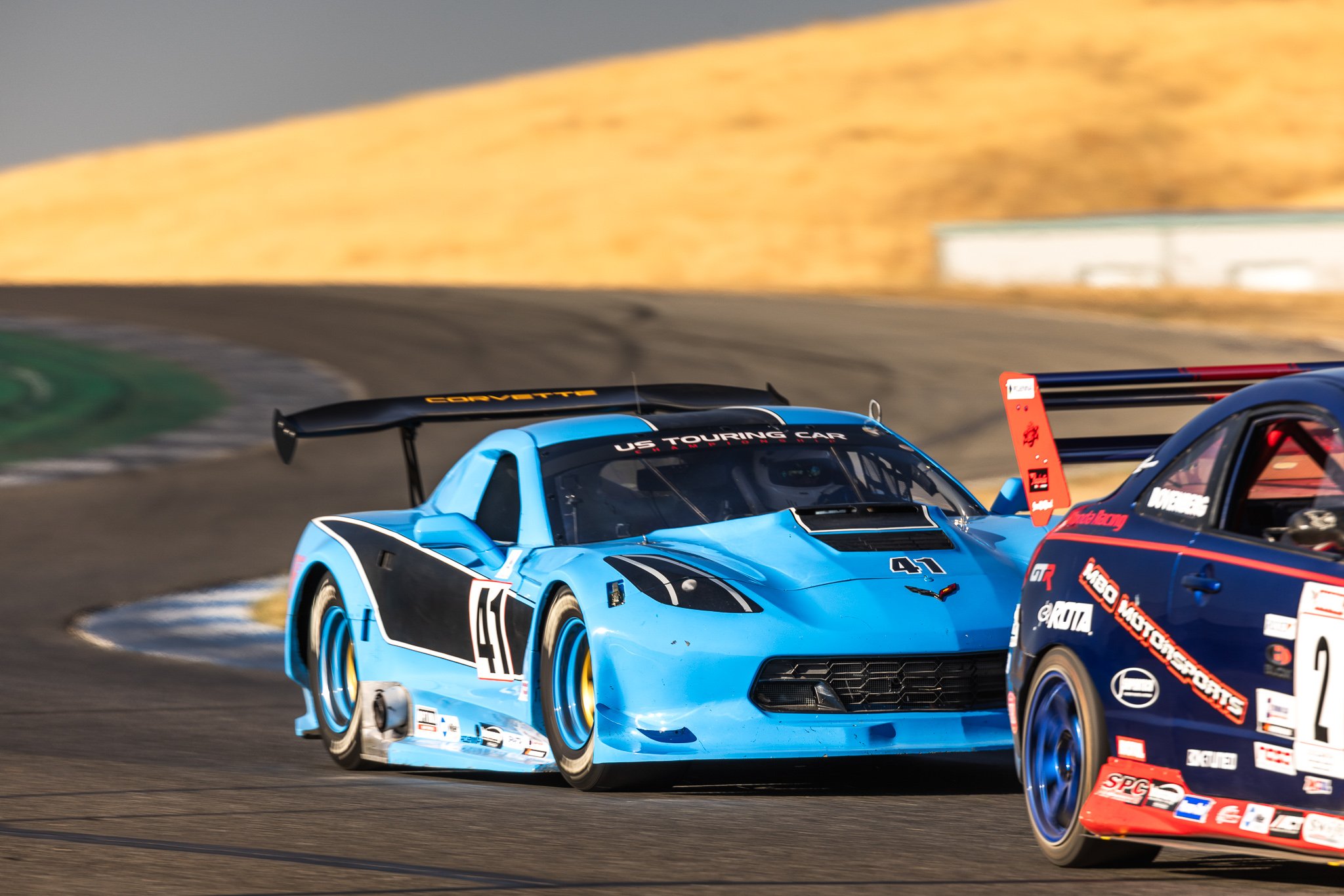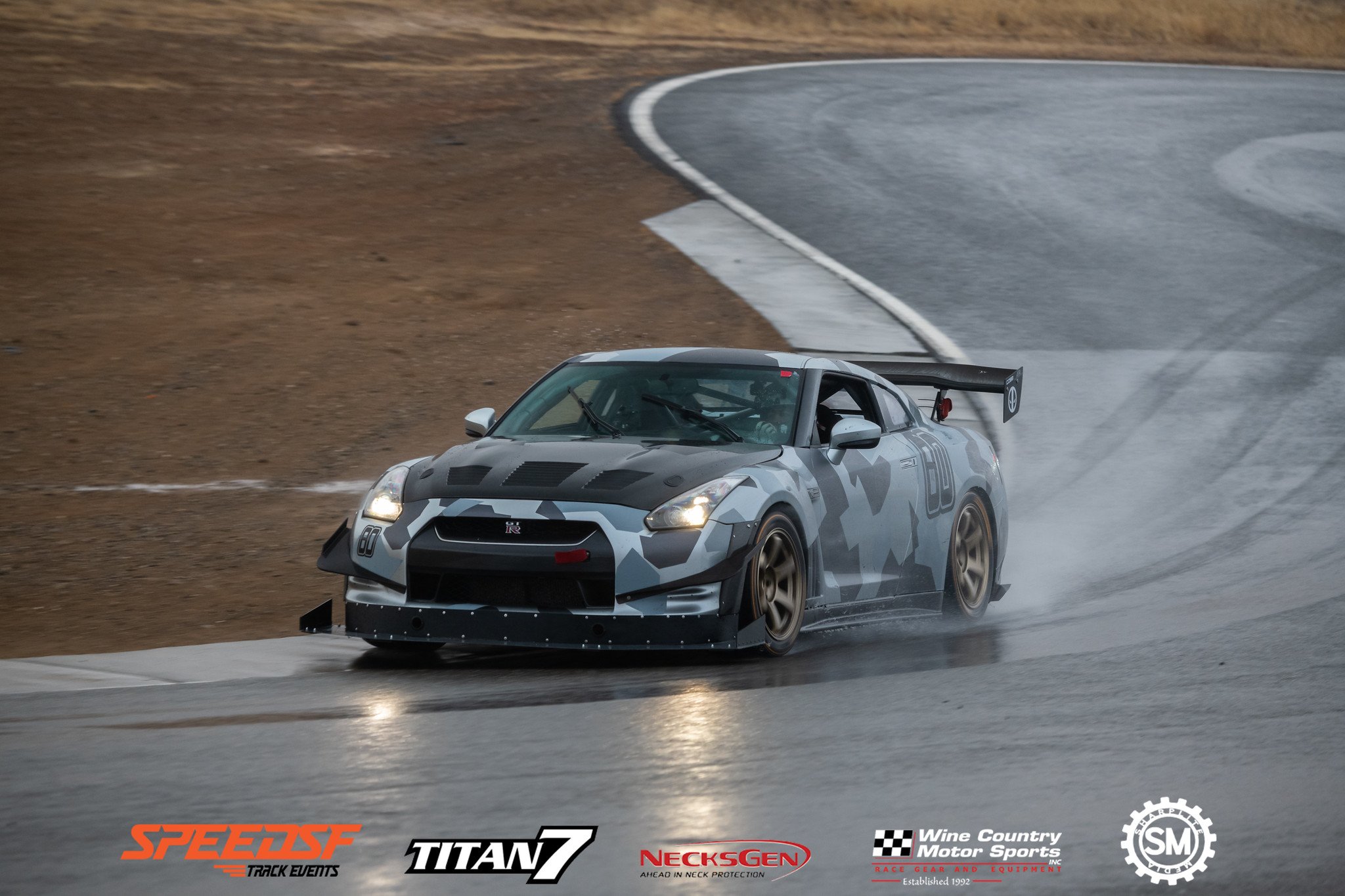
SpeedSF Blog
Every Build Has a Story – Meet the Cars of SpeedSF

Lief Storer's GT-R: Big Dreams, Bigger Numbers
While Lief started out this ambitious build with a slightly different destination in mind, he ended up doing what so many GT-R tuners do: chase big numbers. In his case, however, he wasn’t after four-digit power figures; weight and lap times were the numbers he was preoccupied with.
